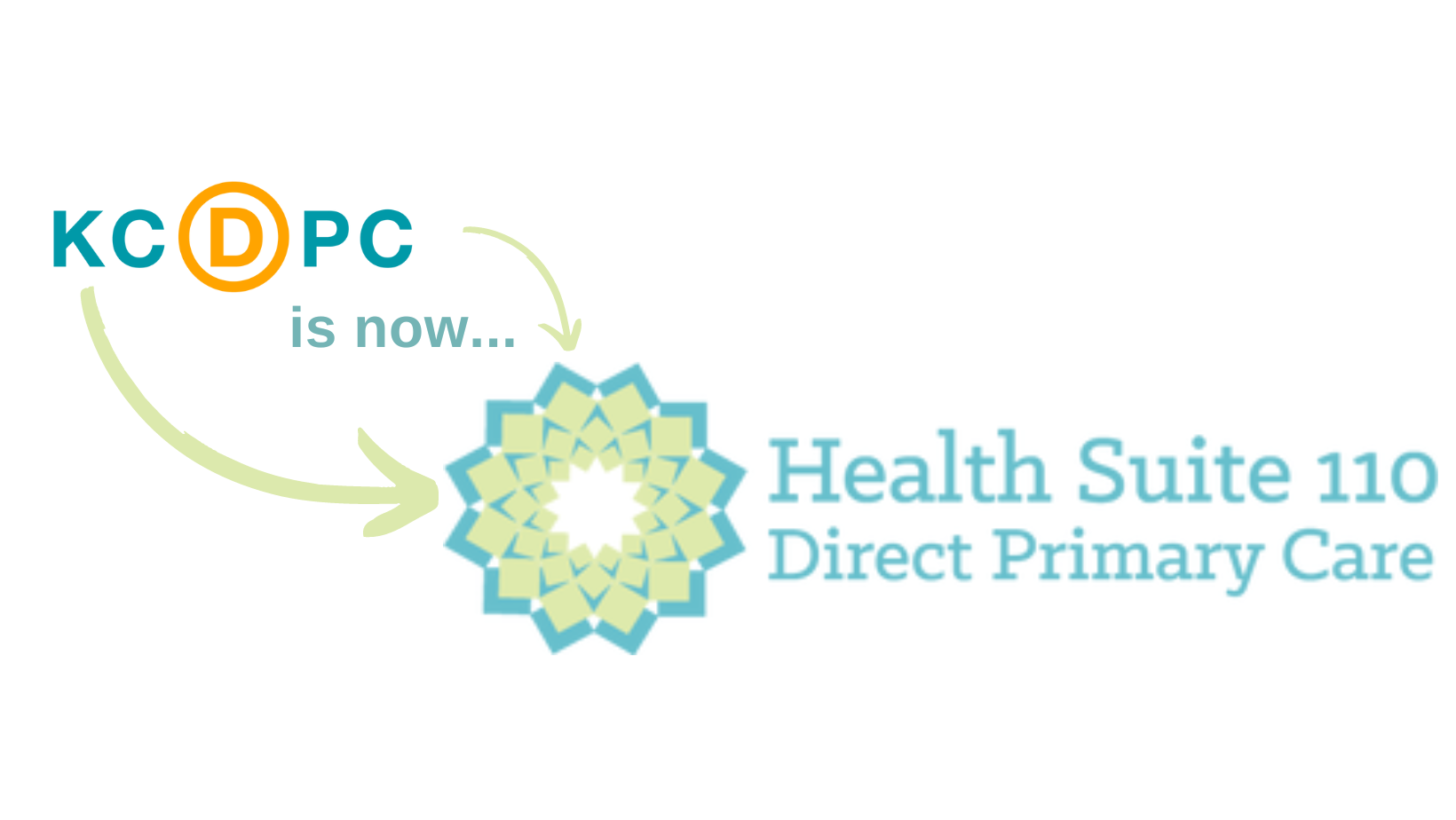I was recently interviewed by Kansas News Service in a piece that sought to capture the current state of healthcare workers in Kansas.
Mental health is one aspect of our overall well being, and I tell patients it is no different than treating blood pressure. It takes effort and good habits to maintain, and sometimes requires treatments like medication and counseling. It is not a sign of “weakness” and absolutely not an indication of character or sanity to simply want to be healthier in regards to one’s mood and stress level. The opposite is true, it takes strength, humility, and wisdom to admit one needs help.
I have been struggling with situational anxiety since the pandemic began. This is not an uncommon issue in the healthcare field. My main stress is working in rural ERs, which traditionally are “quiet” (don’t EVER say the “Q word” in an ER!), but since the fall of 2020, they have been anything but quiet. I have seen more people die in the past 4 months than at any time in my career, including running codes at Research Medical Center during residency. These deaths are almost all from critically ill patients with acute respiratory failure caused by COVID-19. I’ll spare you the details, but these traumas stay with me. The trauma of death, the trauma of telling the family, the fear of bringing this deadly virus home to my pregnant wife, my child, or spreading it to my family and others. It has started to weigh on me more and more.
My anxiety manifests as a vibrating sensation in my chest, racing thoughts, muscle spasms, headaches, sleep disturbances, loss of appetite. These symptoms usually occur right before an ER shift and right after, as I anticipate the trauma and then try to process it. The shifts themselves, no matter how difficult, are filled with adrenaline and an intense focus, like “being in the zone.” I feel anxious during these, but it is an appropriate level of anxiety in my opinion. The hardest part is winding down and processing the long term effects.
I have developed coping mechanisms like breathing techniques, relaxation exercises, and I often talk with my father and wife about my traumas. My father is a pulmonologist with extensive ICU experience, who went through his own trauma by volunteering in Brooklyn early in the pandemic when it was decimating NYC. He worked for weeks without respite and saw dozens of people die a day.
Part of me thinks “Well, I only do these shifts a few times a month, I have nothing to complain about compared to the true heroes: full time ER workers, ICU staff, etc” but I know that is not true. We all have our unique life experiences, and using relative comparisons and diminishing my own trauma is not a healthy way to process things.
So what am I getting at? Well, for starters, writing this is a form of therapy/catharsis. Speaking on NPR was a way for me to let others in the healthcare field know that it is ok to speak plainly about our stress. I want to help myself, and I want to help others.
Many of you are struggling with your own trauma, and I absolutely cherish the relationships we have cultivated – the whole reason I became a primary care doctor in the first place: to establish long term relationships with patients so that I can better treat their needs. In no other capacity is this more true than mental health. Many of you have reached out to me in these past months with worsening anxiety and depression, and I know we have made great progress. I know because I have been told as much by several of you.
This energizes me. This motivates me. This reduces my stress, knowing that I am helping those who need help. Please know that I love this clinic deeply, the relationships that have continued to grow, and the satisfaction of providing quality, evidence based, and above all compassionate care.
I plan to step away from ER work in the coming months as this practice continues to grow. I know this will help my mental health tremendously. I have already decreased my load significantly, and feel much better now than previously. Getting vaccinated has helped a lot with the stress of contracting and spreading this virus, but I still remain vigilant with masks, distancing, and hygiene. I get my second shot in 6 days, I feel so incredibly grateful for this. I cannot recommend the vaccine strongly enough, we simply MUST get as many people immunized as possible!
Please reach out to me if you need anything, whether it be about mental health or otherwise. Know that we at KCDPC are here for you, and want to help – it’s our job!
Dr. Hazen Short
January 28, 2021
